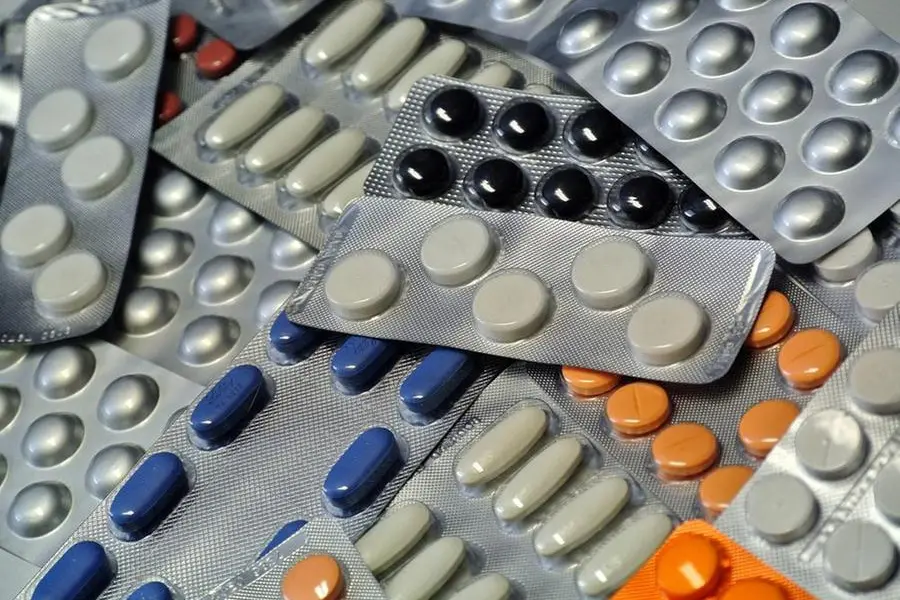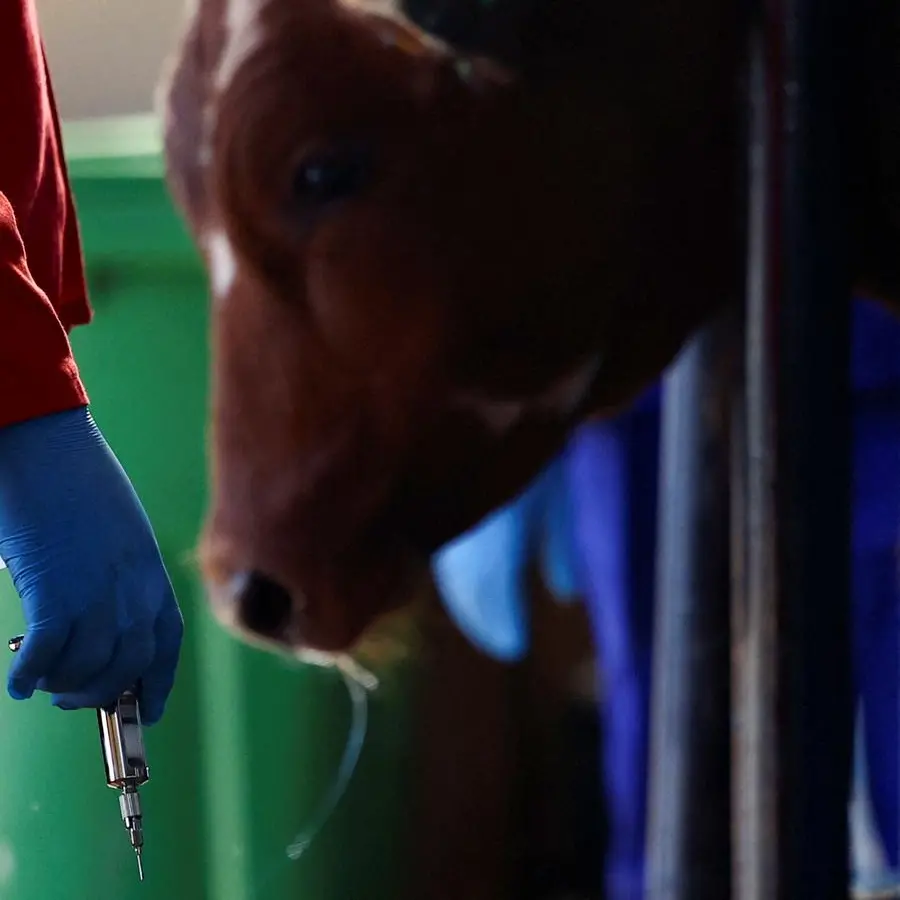PHOTO
NEW YORK (Reuters Health) - If Medicare purchased generic drugs at the prices charged by the Marc Cuban Cost Plus Drug Company in 2020, it would have saved billions, a new study suggests.
A comparison of the prices of 89 drugs sold by MCCPDC to the prices Medicare paid revealed that if Medicare had purchased generic drugs in the maximum quantity supplied by MCCPDC, it could have saved $3.6 billion (37%) on 77 of the 89 drugs, according to the report published in the Annals of Internal Medicine.
"Medicare is overpaying for some generic drugs," said study leader Dr. Hussain Lalani, a primary care physician and a fellow at the program on regulation, therapeutics and law at Brigham and Women's Hospital in Boston.
"Medicare Part D is not a single plan," Dr. Lalani said in an email. "It includes about 800 independent private insurance plans that each set their own reimbursement rules for prescription drugs, including generics. Each plan has the responsibility to negotiate its own drug prices, and our study shows they might not be doing such a great job, at least for generics."
The MCCPDC launched its online pharmacy in January 2022, offering more than 100 generic prescription drugs at the cost of ingredients and manufacturing plus a 15% margin, a $3 pharmacy dispensing fee and a $5 shipping fee.
Dr. Lalani and her colleagues examined price, including dispensing fee and shipping fee for minimum and maximum quantities of 109 generic medications sold by MCCPDC, and then identified Medicare Part D spending for 89 drugs of the drugs after excluding 20 that had multiple dosage forms.
When multiple dosage strengths were available from MCCPDC, the researchers selected the most expensive form in order to have a conservative cost estimate. Dr. Lalani and her colleagues then estimated potential Medicare savings through a comparison of unit prices of drug costs through MCCPCC and Medicare.
The researchers estimated that the annual Medicare spending on the 89 drugs was $9.6 billion and concluded that if Medicare had purchased generic drugs in the maximum quantity supplied by MCCPDC it could have saved $3.6 billion.
The study also offered some transparency on what goes into pricing.
"Distributing inexpensive generic medicines can be more expensive than making the drug itself!" Dr. Lalani said. "About 50 cents of every $1 spent in our analysis on buying drugs from Mark Cuban's company was used to pay for pharmacy dispensing costs and shipping. This is different for expensive brand name drugs."
"It's important to understand why drugs are priced the way they are, who all benefits from this, and how that affects the cost patients pay compared to what insurers pay," Dr. Lalani said. "The Mark Cuban Cost Plus Drugs Company is starting to provide transparency and clarity to generic drug pricing."
The problem is that Medicare cannot tell the pharmacy benefit managers (PBMs) -- the entities negotiating prices with drug companies on behalf of Medicare -- what drugs to place in their formularies, said Gerard Anderson, a professor at Johns Hopkins University.
"PBMs prefer expensive drugs because they can earn larger rebates and the low cost Mark Cuban drugs would not pay them rebates," Anderson said in an email. "Therefore it will be difficult for the Mark Cuban drugs to get the PBMs to put them on formulary. This is a clear example of when the drug pricing system fails the public."
SOURCE: https://bit.ly/3tMHUqa Annals of Internal Medicine, online June 20, 2022.





















